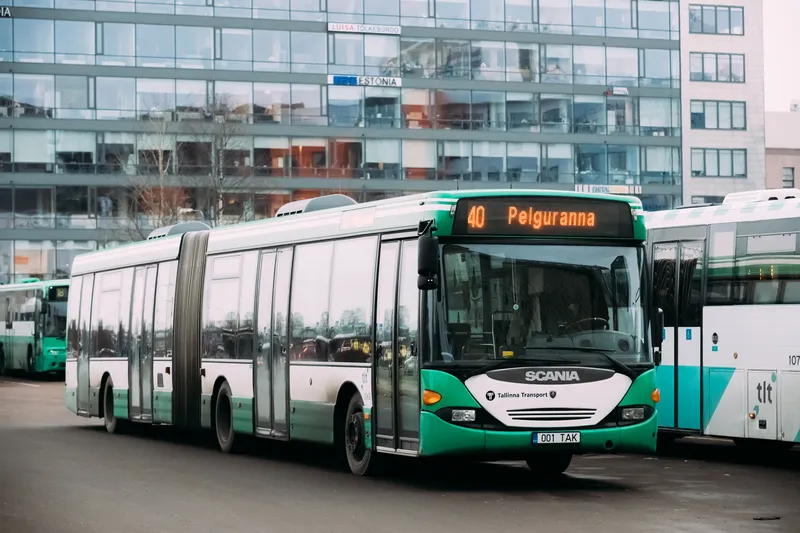Insurance group Munich Re, in collaboration with the Washington State Transit Insurance Pool (WSTIP), has launched a pilot program top equip transit buses with Mobileye Shield+ collision avoidance technology, installed by Rosco Vision Systems.
For the pilot, 38 WSTIP transit buses have been equipped with the technology which claims to enable drivers to avoid and mitigate imminent collisions, protecting the most vulnerable and difficult to observe road users, cyclists, pedestrians and motorcyclists.
Je
March 18, 2016
Read time: 2 mins
Insurance group Munich Re, in collaboration with the Washington State Transit Insurance Pool (WSTIP), has launched a pilot program top equip transit buses with 4279 Mobileye Shield+ collision avoidance technology, installed by Rosco Vision Systems.
For the pilot, 38 WSTIP transit buses have been equipped with the technology which claims to enable drivers to avoid and mitigate imminent collisions, protecting the most vulnerable and difficult to observe road users, cyclists, pedestrians and motorcyclists.
Jerry Spears, deputy director of WSTIP, notes approximately 90 per cent of its large collision-related transit losses are forward-motion collisions with pedestrians, cyclists or motorcyclists. “The purpose of this safety pilot is to utilize innovative technology to prevent these collisions from occurring in the first place, thereby avoiding the devastating consequences these incidents can have on the injured parties and on the drivers,” Spears said
Supported by an IDEA grant from the Transportation Research Board at the National Academies of Science, transportation experts at the University of Washington STAR Labs will analyse both quantitative and qualitative pilot data collected from multiple sources including video, telematics and transit operator surveys.
For the pilot, 38 WSTIP transit buses have been equipped with the technology which claims to enable drivers to avoid and mitigate imminent collisions, protecting the most vulnerable and difficult to observe road users, cyclists, pedestrians and motorcyclists.
Jerry Spears, deputy director of WSTIP, notes approximately 90 per cent of its large collision-related transit losses are forward-motion collisions with pedestrians, cyclists or motorcyclists. “The purpose of this safety pilot is to utilize innovative technology to prevent these collisions from occurring in the first place, thereby avoiding the devastating consequences these incidents can have on the injured parties and on the drivers,” Spears said
Supported by an IDEA grant from the Transportation Research Board at the National Academies of Science, transportation experts at the University of Washington STAR Labs will analyse both quantitative and qualitative pilot data collected from multiple sources including video, telematics and transit operator surveys.









